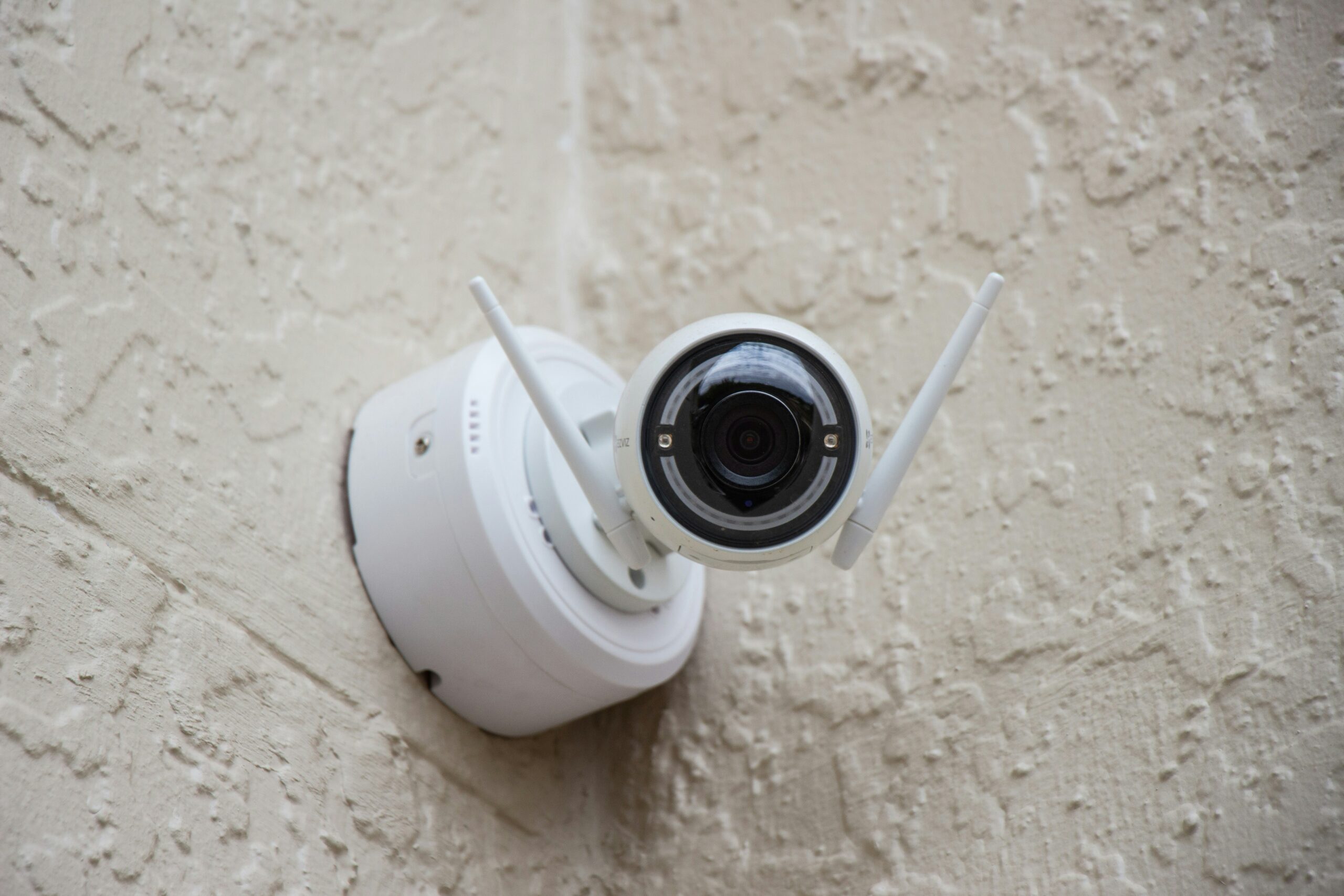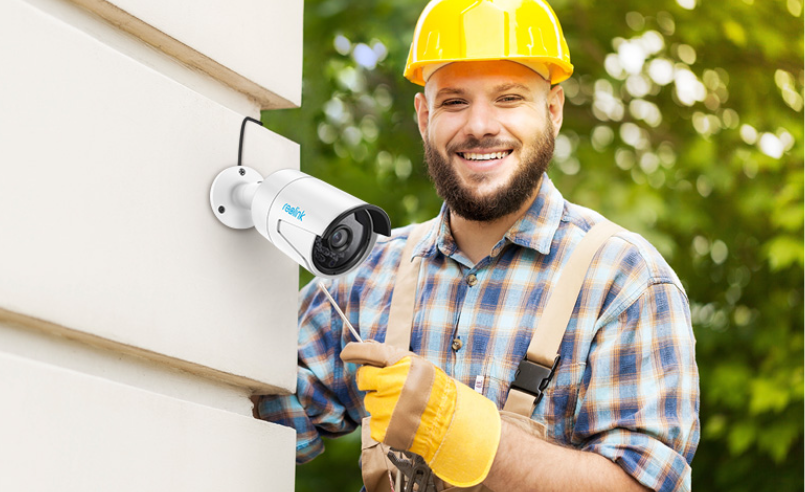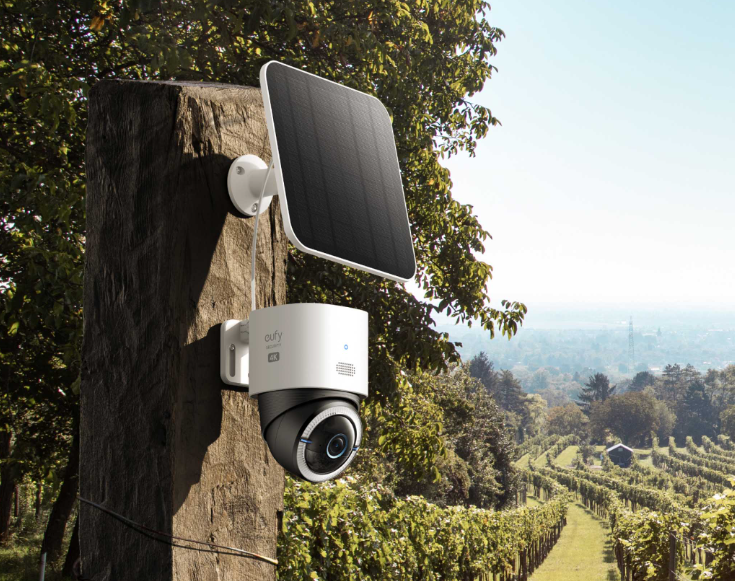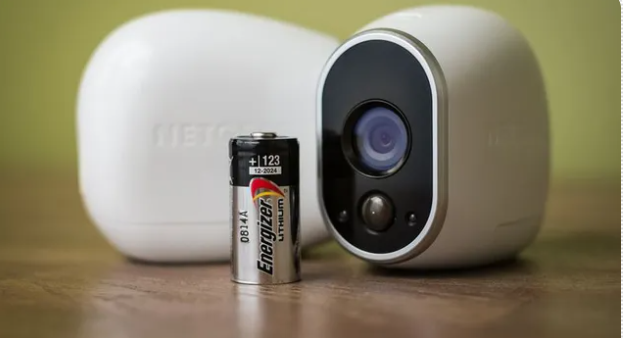Do I Need Wi-Fi for Home Security Cameras? Options & Benefits

- Info and Tips
Do I Need Wi-Fi for Home Security Cameras? Find the Best Solutions
When it comes to home security, many people turn to cameras as a first line of defense. However, one question often arises — Do I need Wi-Fi for home security cameras? The short answer is, it depends.
While Wi-Fi can enhance the functionality of security cameras, such as enabling remote access and cloud storage that is best to prevent phrogging, there are alternatives that don’t require a Wi-Fi connection.
In this blog, you’ll learn the different types of home security cameras, their connectivity needs, and how to choose the right option for your security setup.
Best Types of Security Cameras That Don’t Require Wi-Fi
Let’s explore the best security camera types that don’t require Wi-fi connection.
Wired Security Cameras

Image Source: Reolink
Best for: Continuous, stable surveillance without Wi-Fi.
Examples: Swann, Lorex, Reolink wired cameras.
Wired security cameras connect via ethernet cables or a hardwired system, which make them ideal for homes, businesses, and large properties that need 24/7 surveillance. These cameras are typically part of a CCTV, DVR (Digital Video Recorder), or NVR (Network Video Recorder) system, which allows for local storage and reliable recording without needing an internet connection.
Pros:
- Provide a stable and reliable connection without interruptions.
- Offer continuous 24/7 surveillance, perfect for constant monitoring.
- Footage is stored locally, eliminating the need for cloud storage.
- Are less prone to interference from other devices or signals.
Cons:
- Requires professional installation or technical setup.
- Needs cables for power and data.
- No remote access unless connected to a local network.
Cellular Security Cameras

Image Source: Eufy
Best for: Remote areas without internet access.
Examples: Arlo Go, Reolink Go, Eufy 4G LTE.
Cellular security cameras use a 4G or 5G LTE network instead of Wi-Fi. These cameras require a SIM card and a data plan to send footage to your smartphone or computer. They are perfect for cabins, farms, construction sites, and RVs, where Wi-Fi is unavailable but mobile networks are accessible.
Pros:
- Work independently without the need for Wi-Fi or wired connections.
- Offer flexibility in remote locations where Wi-Fi is unavailable.
- Use cellular data for cloud storage and live streaming.
- Easy to install with minimal setup required.
- Provide real-time alerts and notifications via mobile apps.
Cons:
- Requires a SIM card and data plan, which can add costs.
- Signal strength may vary depending on location.
- Limited data storage unless paired with local storage options.
Battery-Powered Cameras

Image Source: CNET
Best for: Off-grid security with SD card or DVR storage.
Examples: Arlo Pro 4, Ring Stick Up Cam Battery, EufyCam 2C, Reolink Argus 3.
Battery-powered security cameras with local storage allow you to record footage without Wi-Fi or cables. These cameras store recordings on SD cards, hard drives, or DVRs, making them great for off-grid security setups where power and internet access are limited. Some models even offer motion detection and night vision, making them suitable for both indoor and outdoor use.
Pros:
- Flexible placement, as they don’t require a power outlet.
- Portable and ideal for temporary setups or rentals.
- Provide a wire-free solution for outdoor and remote areas.
- Long battery life, often lasting months on a single charge.
Cons:
- Battery needs to be recharged or replaced periodically.
- Limited recording time compared to wired or plugged-in models.
- May experience performance issues in extreme temperatures.
How to Choose a Security Camera Without Wi-Fi
Here’s how you can choose a security camera that works well without Wi-Fi connections.
Determine Your Power Source
The first step is deciding whether you need a wired or battery-powered camera. Wired security cameras connect to a power source and typically require professional installation, which make them suitable for permanent setups like homes and businesses.
On the other hand, battery-powered cameras are more flexible and work well in off-grid locations, temporary sites, or outdoor areas where wiring is not practical.
If you choose a battery-powered camera, consider models with long-lasting batteries or solar panel compatibility to reduce the need for frequent recharging.
Choose a Storage Option
Since non-Wi-Fi security cameras don’t use cloud storage, select the right local storage method. The three main options are SD cards, DVR (Digital Video Recorder) systems, and NVR (Network Video Recorder) systems.
Cameras with SD card slots are ideal for small-scale surveillance, as they store footage directly on the device but have limited capacity. DVR and NVR systems, often used with wired security cameras, can store large amounts of footage on hard drives and offer playback features.
If long-term recording is a priority, an NVR or DVR system is the best choice.
Select the Right Camera Type
Your security needs will determine the type of non-Wi-Fi camera you should choose.
Indoor cameras are designed for monitoring rooms, offices, or businesses, and usually have wider angles and night vision. Outdoor cameras are built to withstand harsh weather conditions and often include motion detection, infrared night vision, and vandal-resistant casings.
If you need surveillance for a remote property, farm, or construction site, cellular security cameras with 4G/5G connectivity are the best option. Because they work well without the internet but still provide remote access.
Decide If Remote Access is Necessary
Not all non-Wi-Fi security cameras allow remote access. If you need to view footage from anywhere, a cellular security camera is the best choice because it uses mobile networks instead of Wi-Fi.
However, cellular cameras require a SIM card and a data plan, which may involve additional costs. If remote access isn’t a priority, a wired or battery-powered local storage camera will be more cost-effective.
For added security, some DVR/NVR systems allow local network access, meaning you can view footage on a monitor without an internet connection.
Consider Installation and Maintenance
Installation requirements vary based on the type of non-Wi-Fi camera you choose. Wired cameras often need professional installation because they require cables for power and data transmission. This setup is more reliable but less flexible.
But battery-powered cameras are easier to install since they don’t require cables, but they need regular battery maintenance. If you’re using a local storage camera with SD cards or hard drives, you’ll need to manually retrieve footage when necessary.
Conclusion
Choosing the right security camera for your home depends on your needs. Wi-Fi cameras offer remote access and cloud storage, while wired, cellular, and battery-powered cameras give you more flexibility. Wired cameras are great for constant surveillance, cellular cameras work well in remote areas, and battery-powered cameras are easy to set up.
Each type has its pros and cons, so think about where you want to install them and how they will be powered. For extra protection against threats like phrogging, these cameras can help keep an eye on your home and provide peace of mind.
FAQs
Can a security camera work without Wi-Fi?
Yes, security cameras can work without Wi-Fi. Wired CCTV cameras use cables to connect directly to a recorder, so they don’t need Wi-Fi. Some battery-powered and cellular cameras also work using mobile data, allowing them to operate without any internet connection, perfect for remote areas.
Is Wi-Fi necessary for a CCTV camera?
Wi-Fi is not necessary for traditional CCTV cameras. These cameras use wires to connect to a recorder (DVR or NVR), and they don’t rely on internet connections. While Wi-Fi cameras can offer extra features like remote access, wired CCTV systems are perfect for constant, reliable surveillance without the need for Wi-Fi.
Can a security camera work with mobile data?
Yes, security cameras can work with mobile data. Cellular cameras use 4G or 5G networks to send video to your phone or cloud storage, so they don’t need Wi-Fi. These cameras are great for places without internet access, but keep in mind they can use a lot of data depending on the video quality and usage.
Do Wi-Fi cameras use a lot of data?
Wi-Fi cameras can use quite a bit of data, especially if they’re streaming HD video or saving recordings to the cloud. The more footage they send, the more data they use. If you have a limited internet plan, it’s good to keep an eye on how much data your camera is using to avoid extra charges.
What is the benefit of Wi-Fi on a camera?
Wi-Fi lets cameras connect to the internet, so you can watch footage from anywhere using your phone or computer. It also allows cameras to send alerts when they detect motion and store videos in the cloud, keeping your footage safe. Wi-Fi makes it easy to manage and control your camera remotely.